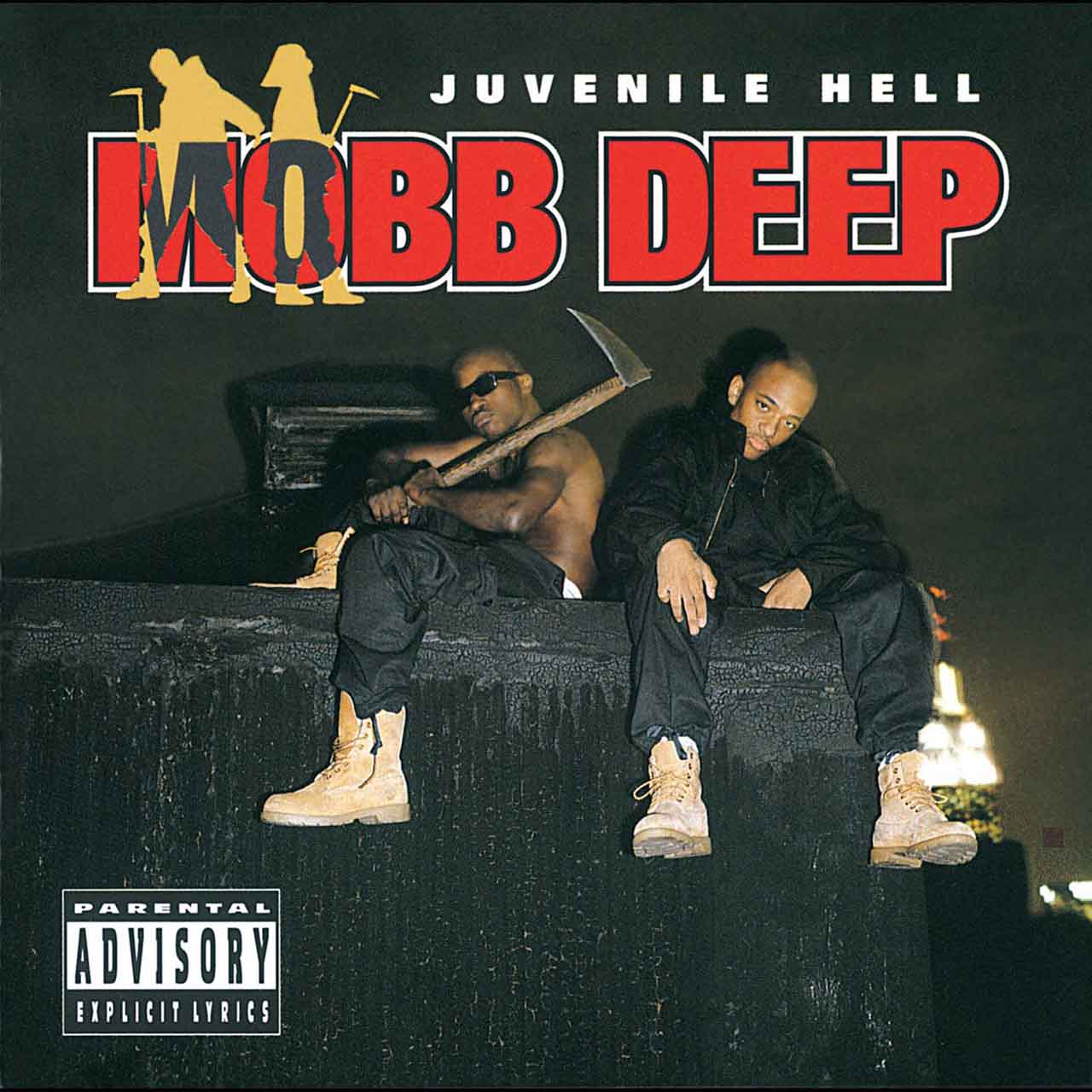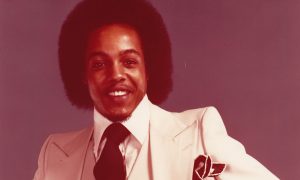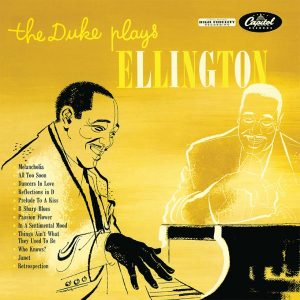“Nineteen-ninety-motherf—in-three, right? What’s YOUR new year’s resolution, motherf—er?” – “Hold Down The Fort”
I didn’t fully befriend Prodigy until nearly two decades after the release of Mobb Deep’s debut album Juvenile Hell. By then, his demeanor was a stark contrast to his teenage self; he would more head shake than head nod at shit-talking (he thanked prison for that), he wore the “legend” title like a well-fitting hoodie, and his suffering from the SS Type of Sickle Cell Anemia was so deeply woven into the fabric of his personality that pain was just an everyday occurrence. But in 1993, both P and Havoc really had no idea what the next two and a half decades would behold, and that project arguably started it all.
Listen to Mobb Deep’s Juvenile Hell now.
Juvenile Hell fell onto the hip-hop scene at the onset of the New York gritty rap era. Call and response hooks were king, and if your beats didn’t have a menacing horn section, then you might as well just throw your tape away. Prodigy’s voice was only flirting with its signature bass at the time; both he and Hav volleyed bars that poked their chests out far beyond their Queensbridge jurisdiction. They were both teenagers, barely 5’3”, yet rapped with the confidence of giants.
But the marvelous thing about Juvenile Hell is that it almost never happened.
The beginnings of Mobb Deep
A few years prior to the album’s release, Prodigy and Havoc met in high school through a mutual friend named Derrick. Both P and Hav were already skimming the rap scene individually and would ultimately come together as Poetical Prophets. They had an Unsigned Hype feature in The Source in the July ’91 issue, thanks to Source veteran Matty C. Slick Rick was on the cover, which was a big deal for P. That recognition was hinged to a Poetical Prophets demo, which slightly bubbled in the New York streets. That same year, they would change their name to “Mobb Deep.” P recounted that switch-up in his memoir My Infamous Life: “We needed something that described how we were living. When all the QB n***as got together to hang out, there would be 30 to 40 of us like a mob. The slang we used when we a saw a whole bunch of guys together was, ‘Them n***as is deep.’ Both words together sounded good. Mobb Deep.” However, placing them was a problem; one they admittedly caused.
P told this story in his memoir, but when he first told it to me in person, he laughed the whole way through it. In retrospect, it was hilarious, but it could have killed Mobb Deep’s whole career before it even started.
Always ambitious, P and Hav would post up outside of labels with a Walkman asking people to “please listen to their demo.” Considering their short height (and age), their mere presence left them open to remarks from label foot traffic (“shorty” and “lil man” were P’s least favorite insults). This was in 1989, and Def Jam’s roster – and rep – was the most attractive to P and Hav. It was Q-Tip who took a moment to listen to the guys’ tape outside the office. He walked them into Def Jam, but Lyor Cohen shut them down for having “took many curses.” Russell Simmons was still game for a meeting, so the guys were instructed to go from Def Jam to Rush’s apartment over by NYU. At Def Jam, P left his gun with their friend (and former Def Jam employee) Perry, but when P returned for it, the gun was handed over to Havoc instead. Waving the gun and making a mock robbery demanding artist posters, Hav accidentally shot Perry in the stomach. P, Hav, and their DJ at the time, Prince A.D., raced out of Def Jam, knocking Run-DMC over on the way out. They were spotted by Ali Shaheed Muhammad who yelled for the cops. The cops grabbed Hav, while P and A.D. were let go. “Ay yo, A Tribe Called Quest was almost the beginning and end of me and Hav,” P would later tell me in between fits of laughter.
The charges were thanks to P’s quick thinking of saying they thought the gun was a lighter (P visited Perry at the hospital and gave him the story to go with), though their rep was then known as a violent duo. Like many young rappers today, the duo’s stigma eclipsed their talent for a minute. But by ’93, Juvenile Hell came to be, thanks to a deal with 4th & Broadway, as Matty C would introduce them to A&R and legendary music journalist Bonz Malone.
Mobb Deep’s Juvenile Hell
That’s a long, drawn out way to introduce this album, but it’s important to understand how their reputation preceded them by the time this project hit the pavement. Juvenile Hell barely broke the 20,000 mark in sales, yet earned a 3.5 mic rating in The Source. However, the album was a remarkable joint effort and a lesson in teamwork. P’s grandfather was Jazz legend Budd Johnson, and he taught Hav how to make beats pulling samples from Budd’s extensive Jazz collection; Hav taught P how to adapt his flows to the soundbeds he was crafting. Those roles would switch on and off throughout the duration of Mobb Deep’s career.
“Peer Pressure” was released in 1992 and served as the album’s flagship single, filled with teen angst. Produced by DJ Premier, the track detailed how P and Hav observed their surroundings. It was their realism that attracted hip-hop heads, yet “Hit It From The Back” would be their calling card due to its hypersexual theme. Other tracks like “Hold Down The Fort” and “Stomp ‘Em Out” with Big Noyd were quintessential New York City street bangers. While the album wasn’t the most prolific, it was full of promise. By 1994, Nas would commandeer the Queensbridge tag with Illmatic, and from that point, Mobb Deep was more of a footnote to the movement than the catalysts. However, by 1995, their rightful place at the top would come with The Infamous.
When P would talk about Juvenile Hell to me, it was mostly described as the means to an end for Mobb Deep. P was more focused on the musical side until he started really using his own words on later projects to vent through the increasing pain of having the worst type of sickle cell. Their debut was merely a Costco sample of what Mobb Deep would truly do once their roles were defined. Still, Juvenile Hell gave us two legends who ushered in a sound that most New York rappers would lean upon for decades.
When I listen to the album, I hear teenage immaturity that P would laugh with me about in his 40s. I hear the whole reason why I was able to meet Mobb Deep to begin with. I hear the stories – some that would lead to even bigger stories that would fill a book that P and I would later write together. Some never made it to print. I hear the beginning of a career I would witness – first as a fan, then as a journalist, and finally as a friend, before P had to leave this planet.
But most of all, I hear the rough sketch of street rap at the hands of youthful creators. P said he wanted to be an architect on “Peer Pressure,” yet he and Hav would design a blueprint that many artists still follow to this day.
So in a sense, destiny was fulfilled.
Listen to Mobb Deep’s Juvenile Hell now.
Editor’s note: This article was originally published in 2018.




